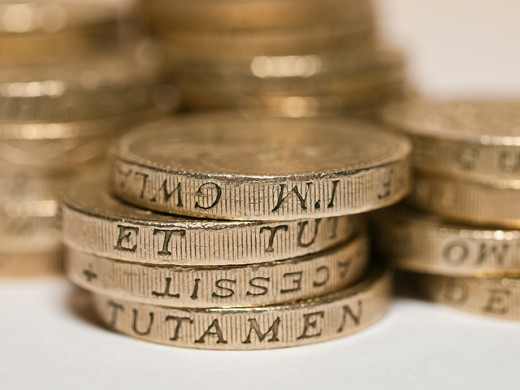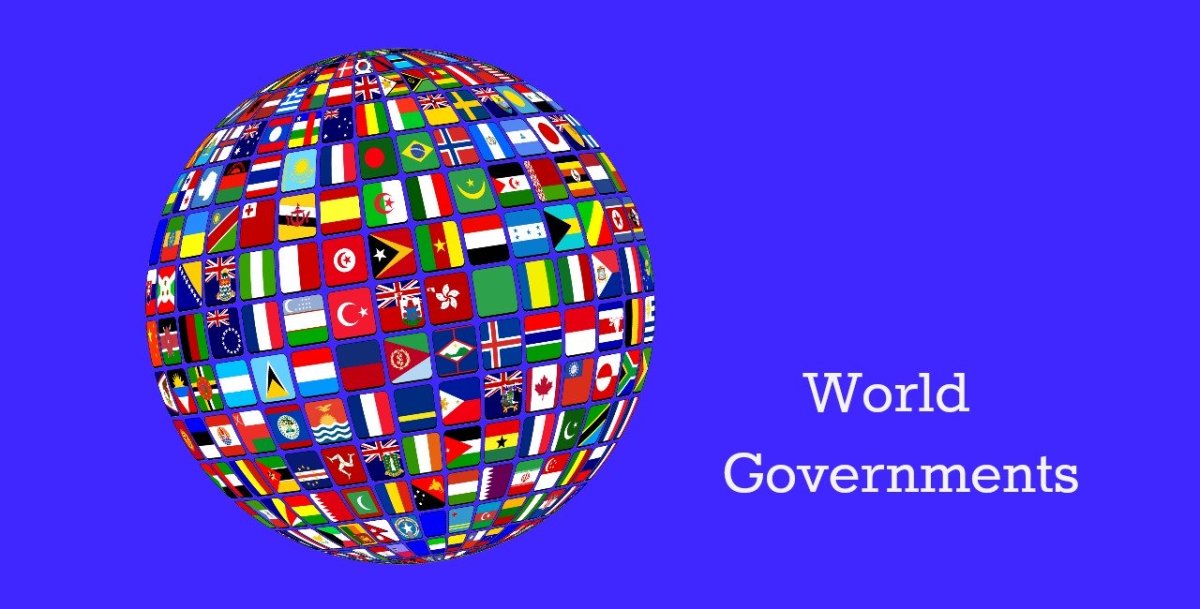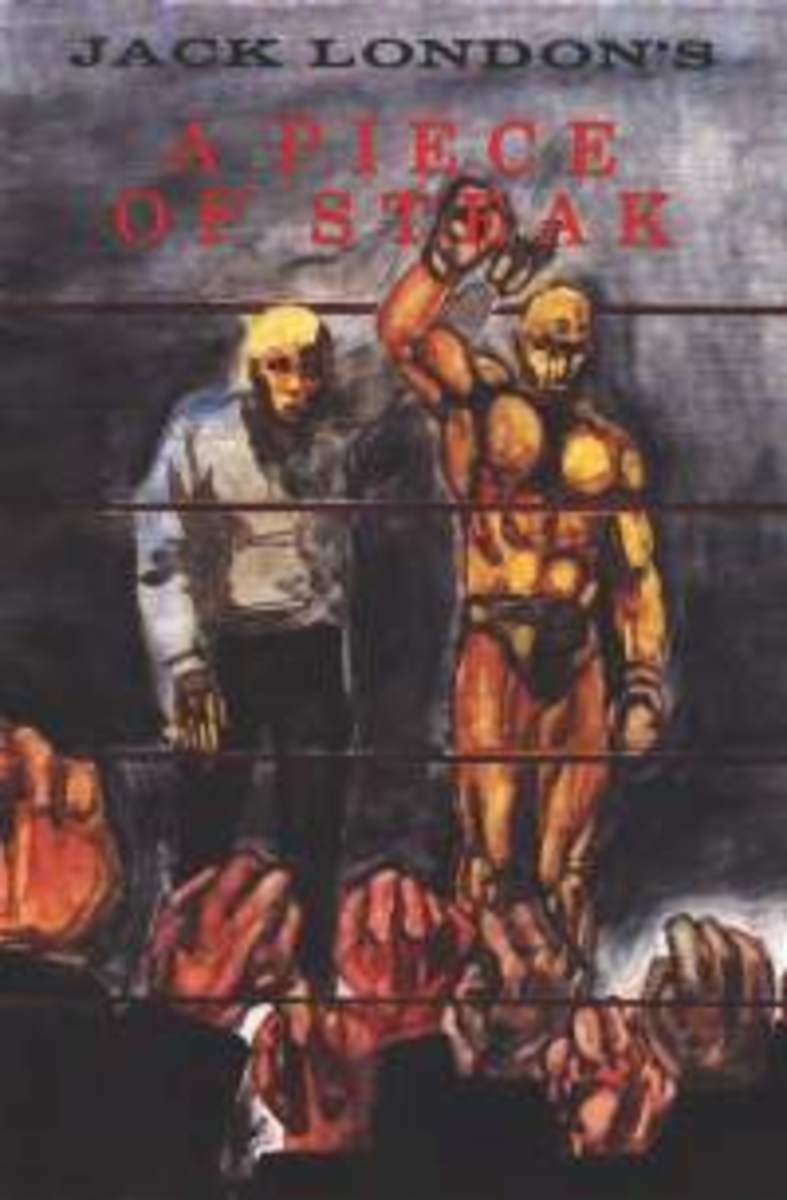Stealing the King's Gold
June 11, 2012

Second Amendment
I know several people who are card carrying members of the NRA. Which is fine. I have no quarrel with the right of self-defense, I'm just not nearly as zealous about it as they are. However, part of their support for the Second Amendment seems to have something to do with being a buffer against government tyranny, which I find a bit silly. Not because I disagree with the value in having a check against government tyranny, but because in today's world, the government has no need to physically kick down our doors. All they have to do is push a key on their keyboard and wipe out our savings, government benefits, bank accounts, and insurance policies, and cut off our electricity, phones, water, gas, etc.
Unions
A fellow hubber recently asked a question about Walker's victory in Wisconsin and whether that would mean an end to public unions. That whole issue is an interesting one. The original populist movement in Wisconsin seemed energetic and was using direct action, but at some point they decided instead to go with the recall route, and for whatever reason choose a candidate who had already lost to Walker in a previous election and consistently was losing to him in polls. It seems like the real power of the unoins should be direct action—mass movements, protesting, strikes, etc. So why did they give up their best weapon in favor of playing a game that is rigged against them? I don't really know.
Robin Hood
People have always liked the story of Robin Hood. A renegade stealing gold from an oppressive king and giving it to the poor hard-working people. What's not to like? In the days of kings it made sense. Money existed in a physical form—gold--and was transported by physical means—horses, carriages, boats, and chests.
American Plutocracy
If we are to believe that America is a plutocracy, essentially ruled by a group of corporate masters and their paid-for politicians, than how can direct action be used to hurt them? The simple answer is that you hurt anyone by taking away what they value, and perhaps I am entirely wrong, but I would say that what the corporate masters value is wealth and control.
Control is something that is to an extent actionable against, through, for instance, protests and strikes. And considering some of the responses to the Occupy Movement, this course of action seems to have some effect. Yet, I really don't see it being more than an annoyance. To move from annoyance to harm it needs to do much more. I, for instance, thought it would have been a good idea to shut down the Super Bowl. That would have gotten some attention, and likely caused a bit of pain.
The King's Gold
Hurting their wealth is a much more difficult proposition. These aren't Robin Hood days. Money, largely, does not exist, or move, in physical form. Rather it exists and moves as 0s and 1s in databases and digital pipelines. Even a direct action against a physical asset, say burning down a building (for which I am not advocating), isn't something that will necessarily hurt them financially. They will merely sit around and wait for an insurance check. Furthermore, in a way, money doesn't even really exist anymore. With the ability to invent new money at will, how is it possible to ever actually destroy any?
Sustainability
I have always tended to think that the objections to sustainable and renewable energies where primarily based upon fossil fuel companies and adjuncts protecting their interests. Yet, it has always seemed to go a bit beyond that into some weird realm of ideological opposition. The surprising hostility sometimes expressed towards hippies I think is evidence of this. I suspect this more than expected resistance comes from the King.
A truly sustainable society, I believe, will be one that is comprised of sustainable communities. Sustainable communities will be small localized and regional groupings of people who autonomously provide for all of their basic needs, including energy production, water management, waste processing, and food production. Autonomy, however, from a corporate master perspective, is a dangerous thing, since an autonomous region could at any time they wish simply tell the King to piss off.
Revolution
There have always been Kings. Perhaps there always will be. Americans like to pride themselves on liberty and the idea that if a government becomes too tyrannical they have the right to abolish it. But it seems to me that the action of resisting or fighting the King has in one way or another always essentially meant stealing his money (or destroying it), and yet here we are in a world which it has become virtually impossible to do so.
Theory
This is just a rambling idea. I haven't offered any evidence or real reasoning, yet, it does seem like an interesting theory. If stealing the King's money is the way to overthrow him, than the King's never-ending preoccupation should be trying to prevent that from happening. It would be interesting to use this lens to examine a variety of situations. Privatization, for instance. By this theory, privatization is desired for the main reason that it helps make the King's money less visible by removing it from public scrutiny.
Applying this theory to energy, what we should find, if it is correct, is that the King should object to any energy technology which doesn't require a massive grid delivery system, regardless of whether it is renewable or not, since being on the grid ensures reliance.
Conclusion
Things and people have always moved through networks. In Robin Hood days this consisted of things like roads and rivers. The networks outside of the castle couldn't possibly be entirely controlled by the King's soldiers. This gave people an advantage because they always had parts of the network open to move themselves or goods upon. The King had less of an advantage because of the small set of pathways upon which he would move goods and people.
Today's world is the opposite. Today's network consists of a massive interconnected and redundant web of pathways that still includes roads and rivers, but also includes ideas (like insurance) and digital pathways and databases. The King controls and lives off of the entire grid. Attacking sections or zones, from his perspective, is irrelevant since the rest of the grid is still open and in many cases will compensate for the damaged areas.
In today's world, the people are now the ones who can be isolated by shutting down specific pathways of the grid. In many cases this can be done easily and instantaneously. Being that we are enormously dependant on the grid, for food, water, energy, and communication, this reality of our world is a strategic disaster. The only way to fight the King, should it be necessary, would be to separate oneself from the grid or separate the King from the grid. Neither is easy to do.


![Gun Rights: Not All Firearms Are Constitutionally Protected As Some Would Have You Believe. [278*3]](https://usercontent2.hubstatic.com/12935107_f120.jpg)



